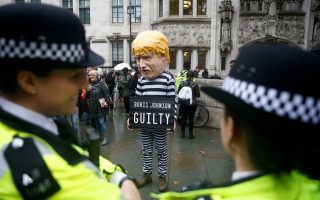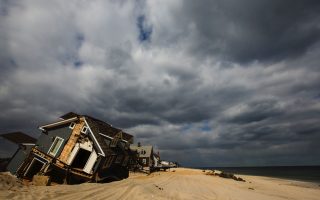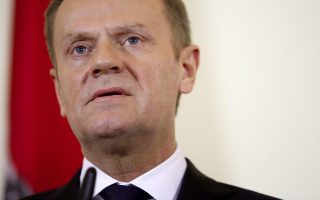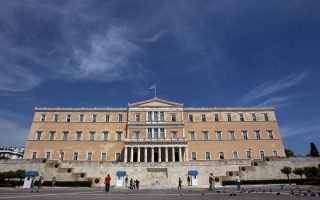Jacques Chirac’s contradictions
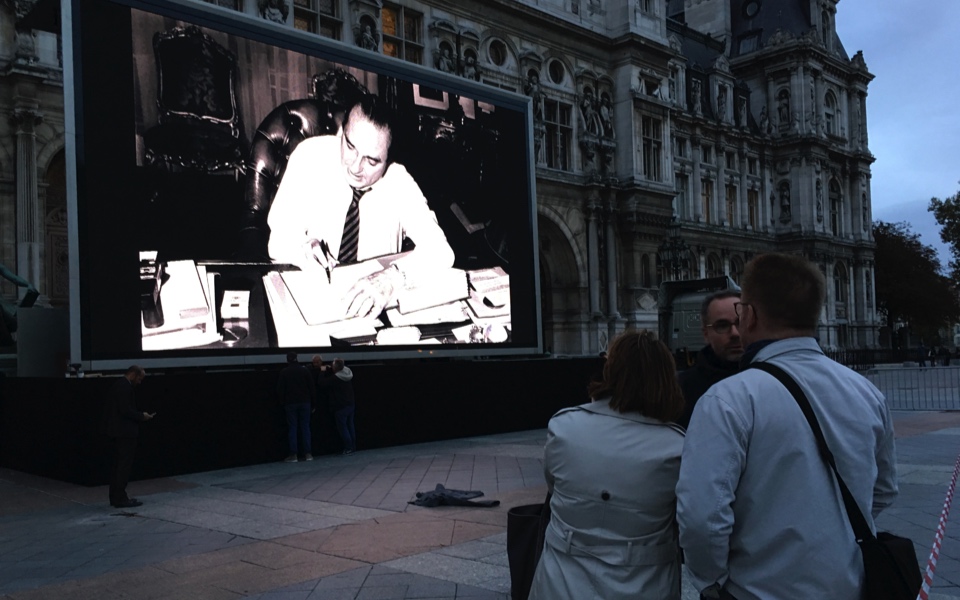
In over 40 years in public life, Jacques Chirac managed to be elected to so many high posts, to change his position on so many major issues, to leave such a complicated legacy, that what we choose to say about him probably says more about us than him.
Chirac was a populist, a cynic, a self-serving politician who fought against Algeria’s independence and, at the end of his career, was found guilty of corruption. He was also charismatic and spoke of the need to bridge social divisions, even as his policies did not achieve much in this sphere. In 1995, he officially recognized France’s implication in the Nazis’ deportation and murder of the country’s Jews; in 2002 he rejected the far right, saying he could not accept bigotry and hatred. From 2002 he spoke out about the dangers of climate change. In 2003 he was one of the most outspoken critics of the US-led invasion of Iraq, warning that it would lead to disaster.
The comments of other politicians often reveal how they would like others to see them. Angela Merkel honored Chirac as a “great statesman and European.” Vladimir Putin noted that, “as president, Jacques Chirac earned the respect of his compatriots and high international esteem as a wise and farsighted politician who constantly protected the interests of his country.” While praising Chirac for strengthening French-Russian ties, Putin did not mention the late leader’s strongly pro-EU positions. Socialist former president (and charisma-challenged) Francois Hollande called Chirac a “fighter” who “knew how to create a real link with the French people.” The president of the National Assembly, Richard Ferrand, equated Chirac with France itself: “A France in his image: spirited, complex, often full of contradictions, always driven by a tireless republican passion.”
Over the last few years Chirac was not heard in public. But on the banks of the Seine stands a building of unique beauty and importance – and it has the final word. Chirac had devoted himself to the establishment of the Quai Branly Museum to showcase civilizations that had developed outside of Europe. “There is no hierarchy among the arts, just as there is no hierarchy among peoples,” he said at the opening in 2006. “It is upon this conviction – the equal dignity of the cultures of the world – that this museum is founded.” Part of Chirac’s complicated legacy is that even as some have accused the museum of betraying a colonialist mentality, it hosts many masterpieces in a unique dialogue of civilizations.

